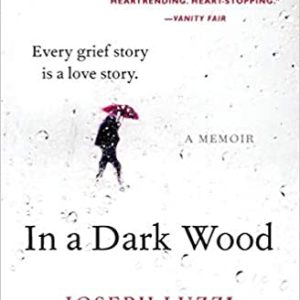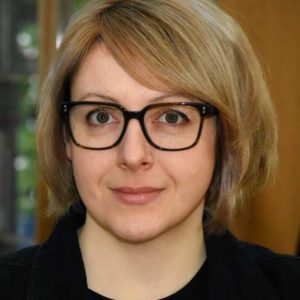
NHC Virtual Book Talk: In a Dark Wood: What Dante Taught Me About Grief, Healing, and the Mysteries of Love
In an instant, Joseph Luzzi became both a widower and a first-time father. In the aftermath of unthinkable tragedy, Luzzi relied on the support of his Italian immigrant family to grieve and care for his infant daughter. But it wasn’t until he turned to the Divine Comedy—a poem he had devoted his life to studying and teaching—that he learned how to resurrect his life, passing from his own grief-stricken Inferno through the Purgatory of healing, and ultimately stepping into the Paradise of rediscovered love.








